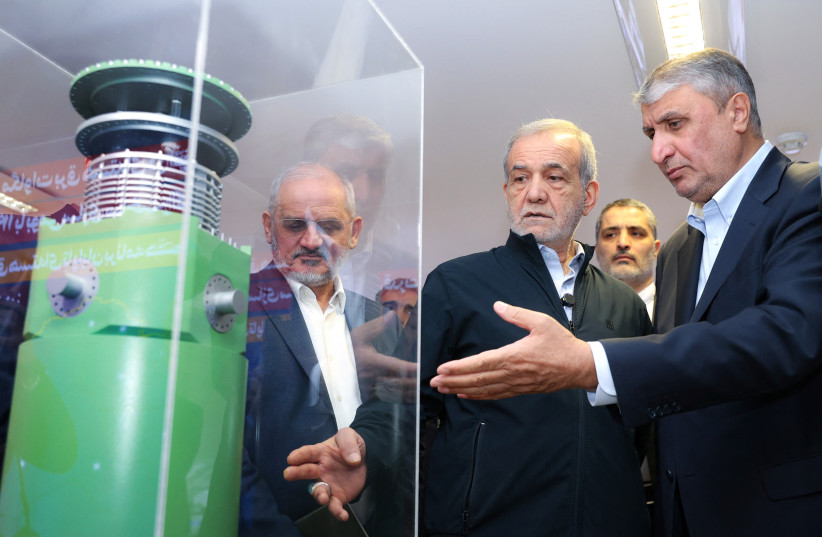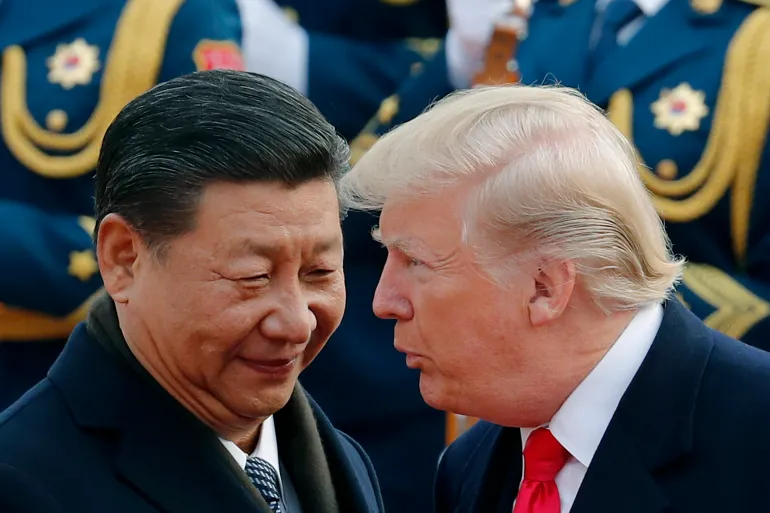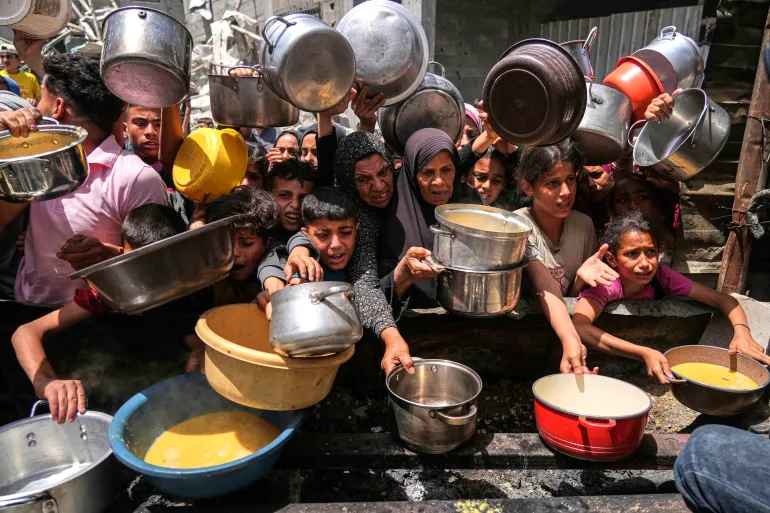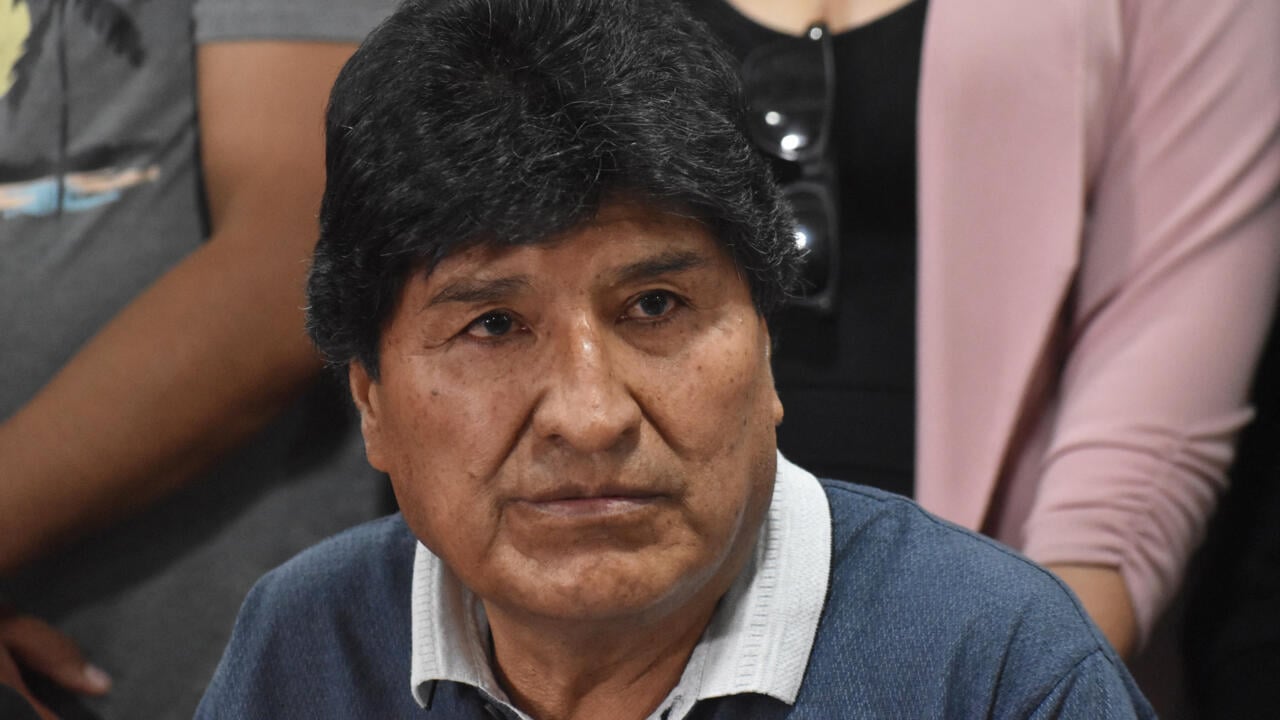The United States has put forward a proposal for an interim agreement in its nuclear negotiations with Iran that would allow the Islamic Republic to continue enriching uranium at limited levels, The New York Times reported.
According to the report, the proposed plan is aimed at curbing Iran’s advancing nuclear program while avoiding immediate escalation, offering a temporary diplomatic solution amid ongoing deadlock in the revival of the 2015 nuclear deal, formally known as the Joint Comprehensive Plan of Action (JCPOA).
The interim arrangement would reportedly permit Iran to enrich uranium below weapons-grade levels in exchange for modest sanctions relief and enhanced international monitoring. The objective is to prevent Iran from rapidly expanding its enriched uranium stockpile and reaching weapons-grade capabilities while full-scale negotiations continue.
The New York Times cited U.S. and Israeli officials as saying the interim plan is intended as a stopgap measure to slow Iran’s nuclear advances. Iran has reportedly been enriching uranium up to 60% purity, close to the 90% level required for nuclear weapons. The proposal seeks to impose a lower enrichment cap to avoid further escalation.
While U.S. officials have not confirmed the specifics of the proposal, the Biden administration has previously stated it remains open to diplomatic options and partial steps to de-escalate tensions. The report suggests that the plan would also involve a framework for reintroducing oversight by the International Atomic Energy Agency (IAEA), whose access to Iranian nuclear facilities has been limited in recent years.
Israeli officials are reportedly monitoring the proposal with caution. Israel has long opposed any agreement that legitimizes Iranian enrichment activity, even at low levels, viewing it as a pathway to eventual weaponization. However, officials may consider tolerating an interim measure if it includes robust verification and enforcement mechanisms.
Iran’s position on the interim proposal remains unclear. Supreme Leader Ayatollah Ali Khamenei recently rejected a U.S. nuclear offer, claiming it would undermine Iran’s national strength and sovereignty. Iran continues to insist on full sanctions relief and the recognition of its right to peaceful nuclear development.
The New York Times report did not indicate whether Iran has formally responded to the interim proposal or if any timeline has been set for further talks.
As the nuclear standoff continues and regional tensions escalate, the interim plan could provide a narrow diplomatic opening to reduce immediate risks. However, its success will depend on political will in both Washington and Tehran, as well as support from regional stakeholders.



